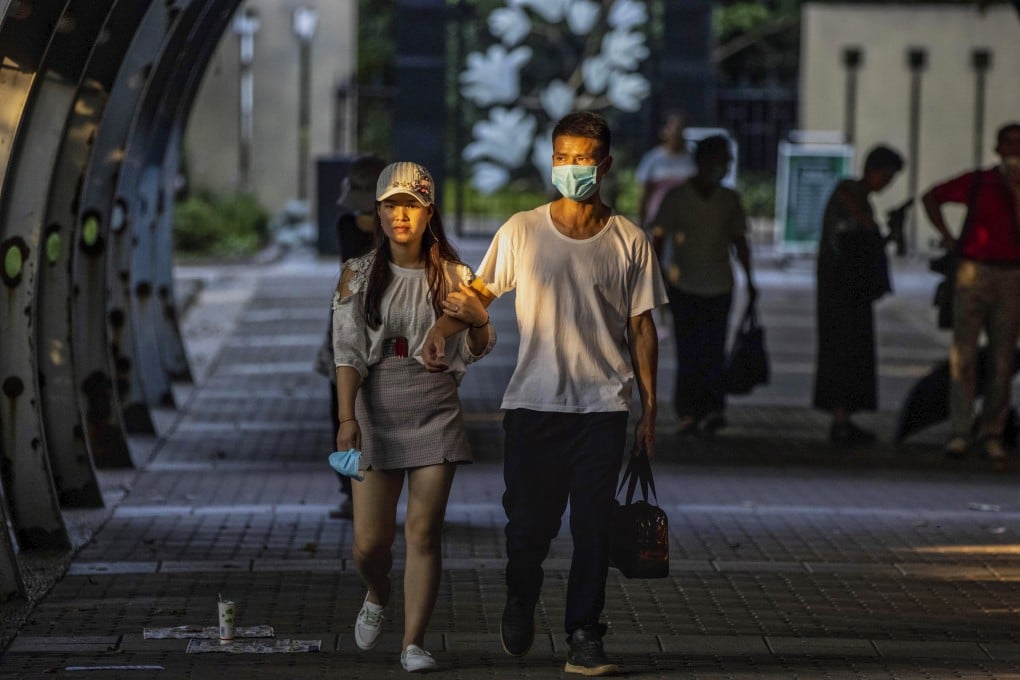Why dating apps with Chinese characteristics are capturing the hearts of Gen Z and millennials
- Young romance seekers flock to a new breed of dating services created to fill the gaps left by existing apps like Tinder
- Some are designed to help users savour the matchmaking process, while others match graduates of elites universities with each other

When Eric Zhou noticed that many of his female colleagues at his former employer in Beijing were struggling to find love, his solution was not to set them up with his friends, as people usually do.
Instead, he started a dating app.
“Online dating is the future in China,” said Zhou, founder of Slow and former head of global operations at ByteDance’s viral short video-sharing app TikTok.
“The friend circles of young people sharply narrow once they move from college to work. The increase in work pressure and rising popularity of online entertainment are squeezing their social lives.”
Over the past decade, the population of single people has been on the rise in China. Between 2013 and 2018, the number of adults without a partner rose from 170 million to 240 million, according to the Ministry of Civil Affairs. By 2022, the number of people living alone is forecast to reach 92 million.